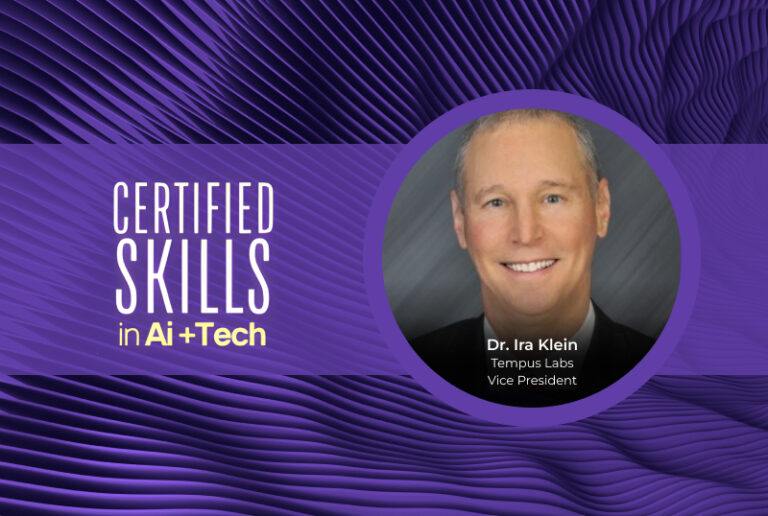What Role Does AI Have in Healthcare?
I like to bucket them into two categories. The first involves tackling repetitive mundane tasks allowing AI to enhance efficiency and accuracy. The second focuses on specialized scientific applications where AI, by processing vast amounts of data, offers profound insights.
How Can AI Help Healthcare?
AI innovation is rapidly advancing across all industries, particularly outside of healthcare, where AI applications are ahead of where we are in healthcare. But besides that, the obvious things that AI can help with are happening in ecommerce and retail, banking and finance transportation and logistics, heavy manufacturing, all those things. In healthcare, it is a push.
And the push is because healthcare, unfortunately, is a very regulated field, and a very conservative field. There is a lot of fragmentation in a lot of the areas that would otherwise work together in other industries. So that’s inhibited change. But the real push is that we have huge problems in healthcare. AI has the potential to address critical healthcare issues like inequity, aging populations, contracting, and workforce shortages.
What does Generative AI Accomplish?
My understanding deepened as I engaged with technical experts, a significant benefit that came out of my career change. Earlier AI concentrated on specific tasks with clean, trusted data. Let’s say, for example, the purpose is to understand an unknown disease through dry lab analysis of RNA, whole transcriptome RNA. So that would be very narrow. Future healthcare AI blends narrow and broad applications, like generative AI. These models automate work using expansive neural networks drawing from extensive data sources.
Where does training play a role in the workforce shortage?
Across industries, a recurring issue emerges—companies have roles available but struggle to find adequately trained staff. Supply chain challenges during the pandemic underline this. Healthcare faces a comparable situation, with an aging population with an increasing demand for care. While AI offers potential solutions, effective implementation and training are essential to maximize its benefits.
It is a fantastic opportunity for AI, but if we focus too much on the technology itself, and not enough on the training, the people that must be prepared to implement it the best technology you could make. If it goes unused or the features and capabilities go unused or misused, then that is a real problem too.
Kryterion’s Approach to AI-integrated Test Development and Delivery
At Kryterion, we clearly see the opportunities and disruption that AI is bringing to our industry. Our top priority is to provide clients with the best mix of security, innovation, service, and value in our tools for test development and delivery. AI is quickly becoming an integral technology in our products and direction. The path we are on with AI encompasses the immediate benefits it provides while maintaining a sharp awareness of its evolution allowing us to ensure our products continue to meet or exceed the needs of our clients.
Please contact us to set up a meeting so we can further discuss how important AI is to our future and our clients.
Want to keep up with insights on AI in the testing industry? Listen to the Kryterion podcast






